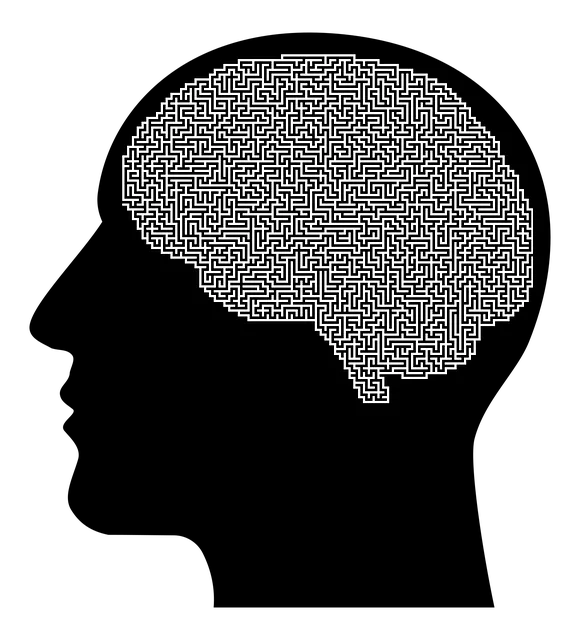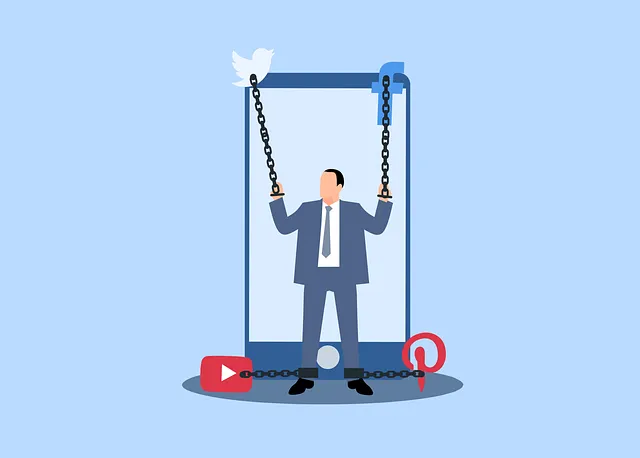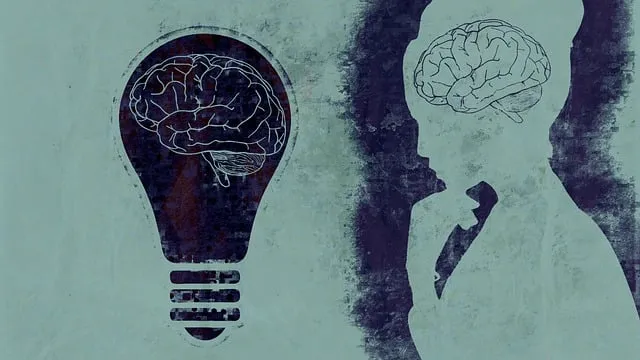Kaiser Permanente mental health jobs in Golden utilize the RFM framework, mindfulness exercises, and Resilience-Building Exercises (RBE) to assess client resilience and reduce mental illness stigma. These initiatives enhance well-being, foster open dialogue about mental health, and prevent burnout among staff through open communication, respect, and work-life balance (Golden Rules). By integrating these strategies, Kaiser Permanente attracts and retains talented professionals, ensuring exceptional patient care while maintaining emotional well-being.
“Unleashing resilience is a powerful strategy for mental health care, especially in demanding work environments. This article explores how RFM (Resilience, Flexibility, and Motivation) enhances employee well-being in organizations like Kaiser Permanente. We delve into the significance of RFM in mental health support, particularly within the unique challenges of healthcare jobs. Additionally, we present effective resilience-building exercises tailored for Kaiser Permanente’s workforce, focusing on the Golden Rules as a framework to boost job satisfaction and overall wellbeing.”
- Understanding RFM and Its Relevance in Mental Health Care
- Resilience-Building Exercises for Kaiser Permanente's Workforce
- The Impact of Golden Rules on Enhancing Job Satisfaction and Wellbeing
Understanding RFM and Its Relevance in Mental Health Care

At Kaiser Permanente mental health jobs in Golden, understanding RFM—a framework that considers Recency (how recent an individual has experienced a stressor), Frequency (the regularity of distressing events), and Intensity (the severity of those events)—is crucial. This tool helps professionals assess clients’ resilience and tailor interventions accordingly, especially when addressing trauma-related issues. By incorporating exercises like Mindfulness Meditation into treatment plans, practitioners can empower individuals to navigate stressful situations more effectively.
Such exercises aren’t just beneficial for Kaiser Permanente’s patients; they’re integral to Trauma Support Services aimed at reducing the Mental Illness Stigma. Through RFM analysis, mental health professionals in Golden can identify areas where clients may need extra support and utilize specific techniques to enhance their coping mechanisms, fostering resilience and improving overall well-being.
Resilience-Building Exercises for Kaiser Permanente's Workforce

Kaiser Permanente recognizes the importance of resilience in its workforce, especially given the demanding nature of healthcare work and the challenges faced by those seeking mental health jobs in Golden. To this end, they’ve implemented a range of Resilience-Building Exercises (RBE) designed to enhance coping mechanisms, promote well-being, and foster a supportive environment. These exercises are not just about stress reduction; they aim to strengthen employees’ ability to navigate the complexities of patient care while maintaining personal balance.
One key initiative within Kaiser Permanente’s mental health jobs program is the integration of self-care practices tailored to individual needs. This includes mindfulness workshops, where staff learn communication strategies to manage stress and improve their interactions with patients and colleagues. Additionally, RBE may involve team-building activities that encourage open dialogue about mental illness stigma reduction efforts, creating a safer space for employees to discuss their experiences and challenges openly. By combining these approaches, Kaiser Permanente aims to cultivate a resilient workforce capable of thriving in the face of adversity while providing exceptional patient care.
The Impact of Golden Rules on Enhancing Job Satisfaction and Wellbeing

The implementation of Golden Rules within work environments, such as those at Kaiser Permanente mental health jobs, has shown significant promise in enhancing job satisfaction and overall wellbeing. These simple yet powerful guidelines act as a foundational framework for creating healthy, supportive spaces. By fostering open communication, encouraging respect, and promoting balanced work-life integration, Golden Rules can prevent burnout—a prevalent concern among healthcare providers. This proactive approach to mental health support is crucial, especially in high-pressure settings like Kaiser Permanente, where professionals are dedicated to caring for others’ well-being.
Beyond improving job satisfaction, integrating Burnout Prevention Strategies for Healthcare Providers and Risk Management Planning for Mental Health Professionals can be transformative. Inner Strength Development is key; when staff members feel valued and empowered, they are better equipped to handle challenges. This not only improves patient care but also creates a positive organizational culture that attracts and retains talented professionals. As a result, the overall resilience of mental health workforces increases, ensuring they can continue providing exceptional services while maintaining their own emotional well-being.
Resilience is a key component in navigating the challenges of mental health care, as evidenced by Kaiser Permanente’s successful implementation of resilience-building exercises for their workforce. By integrating RFM (Resilience, Flexibility, and Mastery) principles, such as the powerful Golden Rules, into job training and support systems, organizations like Kaiser Permanente can enhance employee satisfaction and overall well-being. These strategies empower individuals to manage stress, adapt to change, and foster a sense of control, ultimately creating a healthier work environment for mental health professionals.






